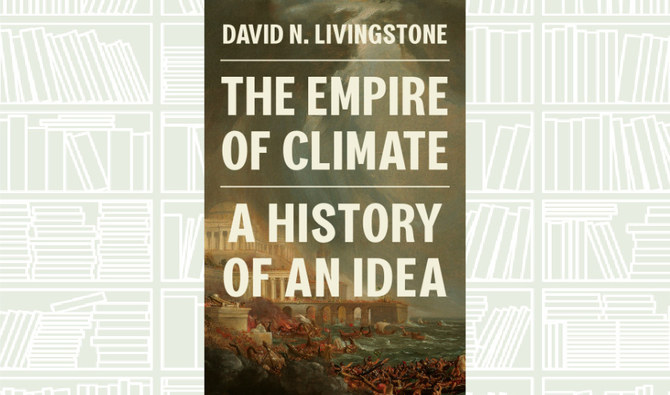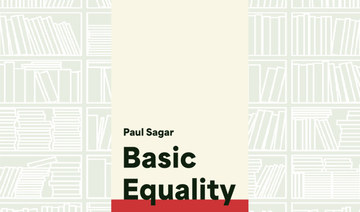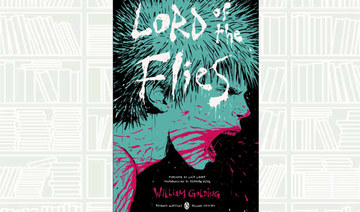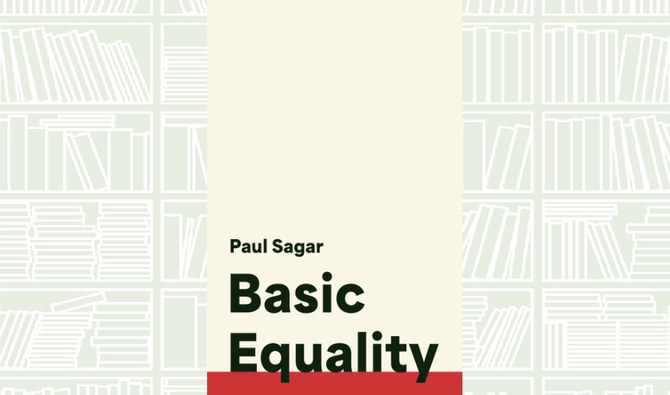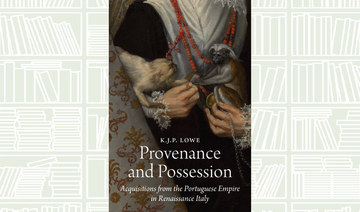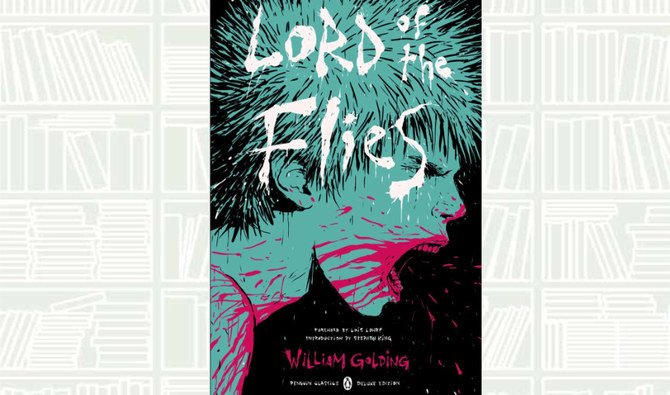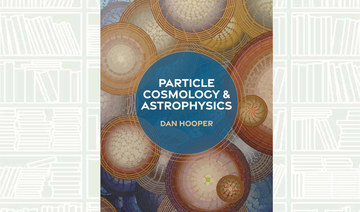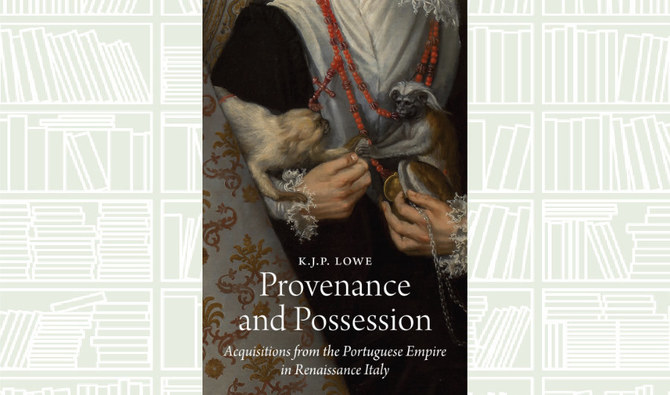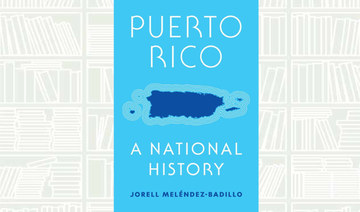When I start to read a book, I follow a simple rule for deciding whether to continue; if it fails to grab my attention in the first 90 seconds, I put it down and never pick it up again.
That is why I briefly hesitated when my good friend, the internationally renowned government adviser Simon Anholt, asked me to review his new book, “The Good Country Equation.” I have known Simon since 2008, when he was giving talks all over the world and being interviewed by major news outlets while I was still cutting my teeth as a junior section editor with Arab News’s sister publication, the London-based daily Asharq Al Awsat. Simon was kind enough to offer to discuss his work.
The result was a page-long interview titled “The Man Who Sold the World” (I was a Nirvana fan growing up, though the title didn’t sound quite so cool in Arabic). It was the first Arabic-language explanation of “nation brands,” a term Simon himself had coined in 1998. By the time I met him he had also developed the Nation Brand Index (NBI), which scientifically measures public sentiment about country brands.
 Of course, the topic itself is fascinating, and the interview gained much attention in the Arab world. But what has been more fascinating for me was to closely watch the evolution of this concept; something I was lucky enough to do at first hand, since Simon and I remained in touch, and became friends.
Of course, the topic itself is fascinating, and the interview gained much attention in the Arab world. But what has been more fascinating for me was to closely watch the evolution of this concept; something I was lucky enough to do at first hand, since Simon and I remained in touch, and became friends.
Thus my hesitation. What if I had to implement my rule and discard Simon’s new book after 90 seconds? As a friend, I am delighted to report that I did not; in fact, it captured my attention almost immediately. “Have you noticed how much time we spend worrying about the state of the world these days?” the book’s preface reads. As editor in chief of a major regional newspaper, a large part of my job is to worry about the state of the world.
Indeed, anyone who is not concerned with what is going on around us today is either naive or selfish. There has been a catastrophic global failure to deal with the coronavirus pandemic. This year’s series of monstrous natural disasters included horrific fires in Australia and California, and Hurricane Sally in the eastern US. At any time in human history, have we ever been so confused about what is true and what is not? What about the international rise of far-right movements? Heck, even the Pentagon encouraged belief in extraterrestrial life by publishing videos of unidentified flying objects.
OTHER BOOKS BY SIMON ANHOLT
Another One Bites the Grass Making Sense of International Advertising (2000).
Brand America The Mother of All Brands (2005).
Brand New Justice How Branding Places and Products Can Help the Developing World (2006).
Competitive Identity The New Brand Management for Nations, Cities and Regions (2006).
“The Good Country Equation” does not offer a solution to all the world’s problems, nor does it try. What it does, however, is give us an opportunity to reflect on how government thinking has evolved in the past two decades. What is fascinating, particularly if you have read Simon Anholt’s previous books, is how his theories evolved, and not necessarily in the same way as many world leaders.
In this context, “good” is not the opposite of “bad,” but the opposite of “selfish.” For a country to be classified as “good” (and score high in the Good Country Index the author created), it needs to be good not just for its own people, but for others too. This is the polar opposite of the “my country first” wave that politicians in many established democracies (and non-democracies) have been riding for the past few years; and while this wave may win you popular support, it is not necessarily sustainable or healthy for global well-being.
If we have learned anything from the COVID-19 pandemic, it is that we all need each other to survive. (You disagree? OK — but how would you feel if the country that created the first effective coronavirus vaccine refused to give it to anyone apart from their own citizens?)
An evolving concept
In the wise words of the late Steve Jobs: “You can't connect the dots looking forward; you can only connect them looking backwards.” This crosses my mind every time Simon speaks of the first time he used the term “nation brand,” in a marketing journal in 1998. Little did he — or anyone else — realize that those two words would have a lasting global impact, and take on a life of their own. The argument was simple; countries with a positive image (Japan and Switzerland, for example) can trade at a premium, and find it easier to attract tourists, foreign investment, international events and consumers for its exports.
In the years that followed, people who used to sell detergents and shampoo suddenly reinvented themselves as “nation branding” consultants. A whole industry was created, embracing international conferences, publications and annual awards, with the single purpose of teaching government officials the “art” of winning hearts and minds.
You may assume that Simon was proud of his original article and its impact, but if if you read “The Good Country Equation” or listen to him speak you get the sense that he considers it his original sin!
He will tell you the term he used was “nation brand,” not “nation branding” – a concept he opposes.
Marketing tools such as advertising, PR and sales promotion have their place in positioning cities, bringing in foreign investment or promoting tourist destinations; but if you are a country, Simon believes actions speak louder than words.
“Bragging about your own country is like a standup comedian who goes on stage and tells the audience how funny he or she is,” he writes. “Don’t tell them to laugh. Be FUNNY. And likewise, for countries, don’t tell them to admire you. Be admirable.”
Soon after defining “nation brands,” Simon created a new term (and wrote a book about it too) called “Competitive Identity.” As you can read in his new book, the concept evolved to that of a “Good Country.” The heart and soul of this new argument is that what the world needs is cooperation, not competition, between countries.
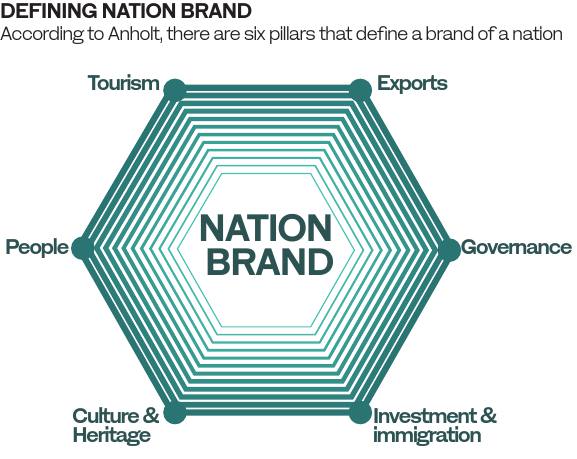
“All governments in the 21st century have two tasks: Taking care of their citizens and participating in a bigger community of nations,” he argues. And if you think this is unattainable, the author provides examples of how countries that want to be good can find ways to combine these two tasks and juggle priorities and interests, although it is far from straightforward.
There are several ways to read this book. One is to see it as a collection of personal experiences and memories of a veteran adviser to nearly 50 governments. Another is as if it were a manual for officials to reflect and learn from other countries’ experiences, and possibly implement what Simon says. A third way, perhaps the most interesting one, is for readers — whether marketing practitioners, academics or government officials — to challenge everything they think they know about “nation brands.”
And if you accept that challenge, be ready to be surprised to learn that spending on PR could make your image problem worse; that we have been using buzzwords such as “soft power” all wrong; and that contrary to what many think, global sport events don’t necessarily make a country more likeable.
• Faisal J. Abbas is Editor in Chief of Arab News.
•• “The Good Country Equation,” by Simon Anholt, is published by Berret-Koehler and is available in online bookstores and Amazon worldwide.




